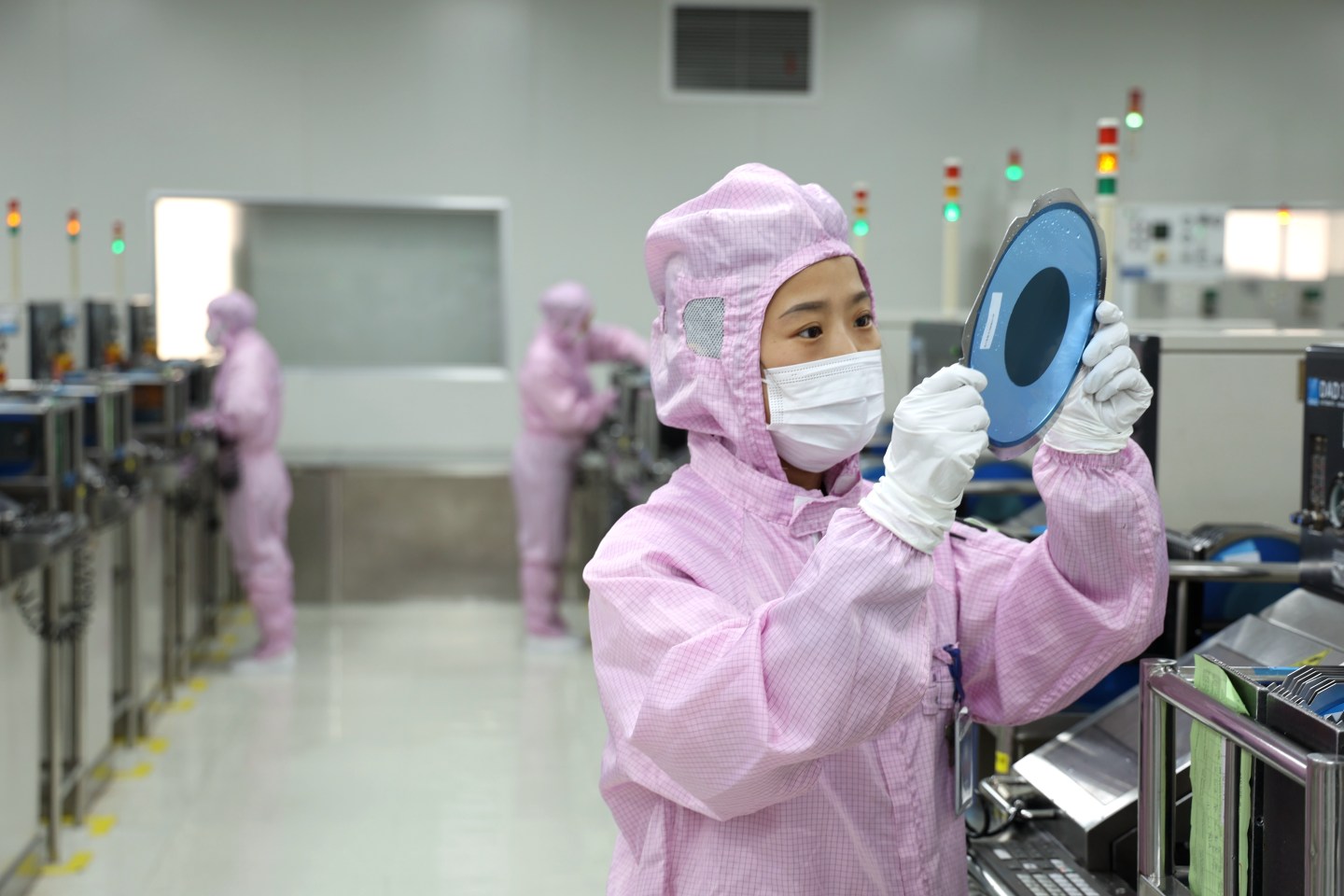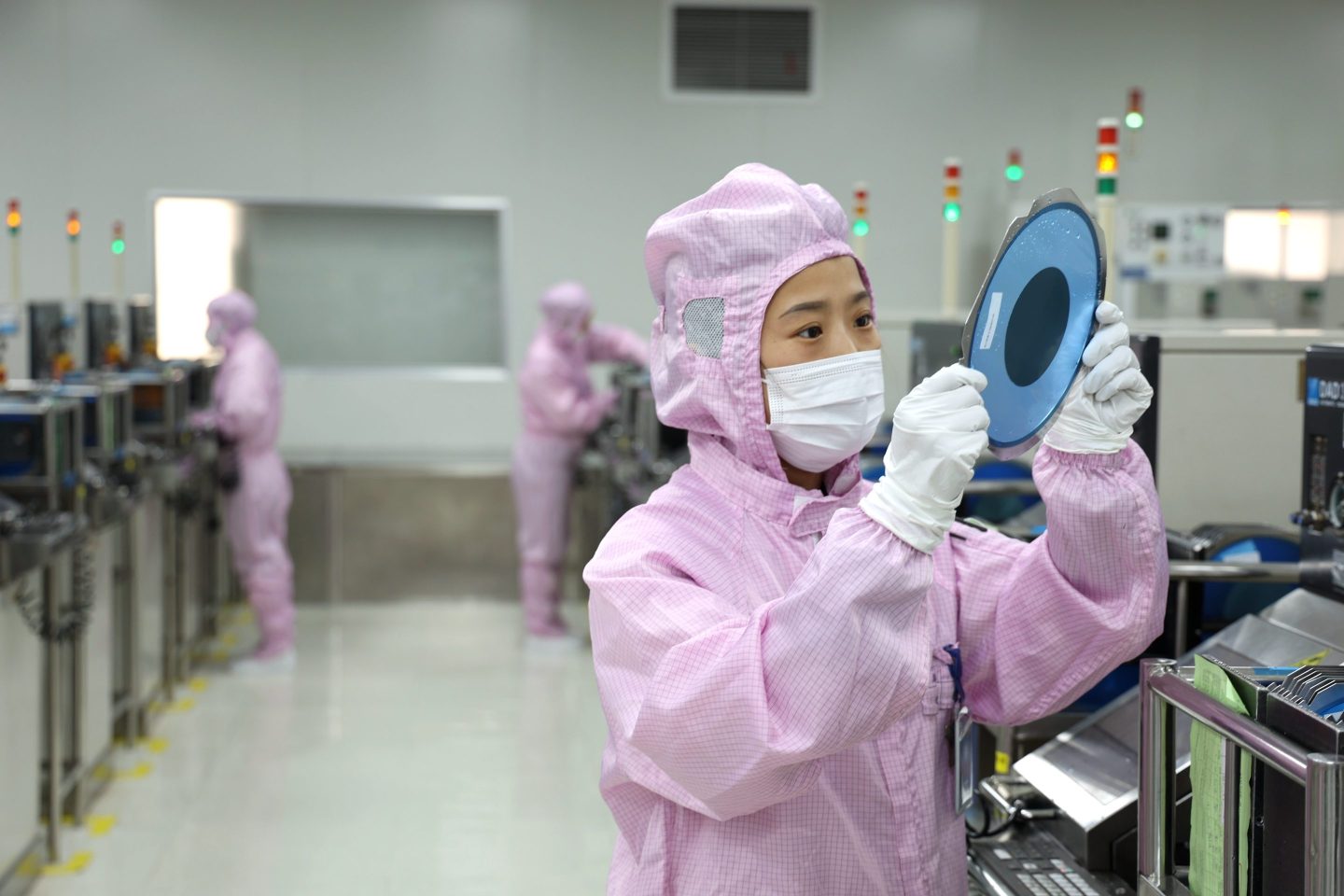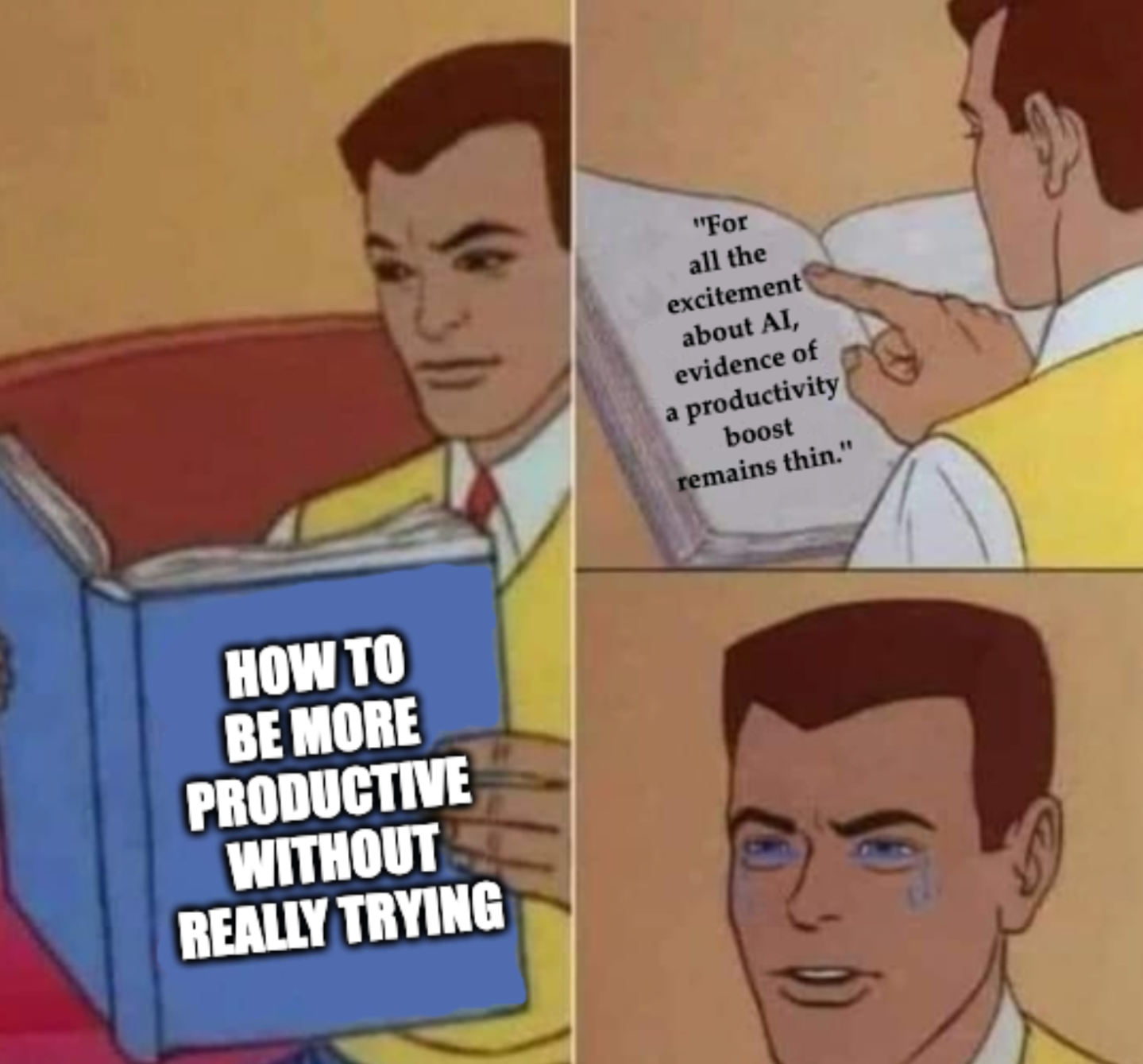Good morning. Did you hear that the Beatles won a Grammy this week, 55 years after their breakup?
The tune “Now and Then” was recorded in the late 1970s as a lo-fi demo but never released. Fast forward to this decade: Paul McCartney and Ringo Starr used machine learning to isolate the demo’s components (e.g. separate John Lennon’s voice from his piano), then added their own parts and mixed it for today’s ears.
Now they’ve again won the music industry’s highest honor…and set expectations for how AI can be (acceptably) used in the creative arts. For now, anyway. —Andrew Nusca
Want to send thoughts or suggestions to Data Sheet? Drop a line here.
China retaliates against Trump’s tariffs

President Trump’s 10% tariff on all Chinese products took effect Tuesday, drawing instantaneous ire from the Chinese government.
The levies came on top of existing 10% or 25% tariffs for certain Chinese products and closed a loophole popular with Chinese retailers such as Shein and Temu.
Beijing immediately announced three retaliatory measures.
First: Tariffs on coal, liquefied natural gas, crude oil, agricultural equipment, vehicles with large displacement engines, and more.
Second: New restrictions on the export of minerals used in the production of electronic devices (tungsten, tellurium, ruthenium, molybdenum, ruthenium). China has increasingly restricted mineral exports to the U.S. for the last year; in November, it banned the export of gallium, germanium, and antimony, used in everything from semiconductors to night vision goggles.
Finally: China’s State Administration for Market Regulation launched a new antitrust probe into Google, minutes after the Trump tariffs took effect.
The U.S. tech industry has been bracing for this moment for some time. Companies with manufacturing facilities in China may feel the pain the worst. Companies investing money in AI infrastructure could take a hit as chip prices increase. China accounts for nearly a third of global manufacturing output, according to recent UN estimates.
During his last trade war with China, Trump carved out exceptions for companies like Apple and Nvidia; he may very well do the same this round. Legislators and lobbyists alike have already pushed for so-called carve-outs for farmers, medical devices, and more.
The White House said that Trump planned to speak with Xi Jinping this week. —AN
Salesforce will eliminate 1,000 jobs, report says
Nothing says “Ohana” like a pink slip.
San Francisco software company Salesforce plans to trim more than 1,000 roles from its org chart, according to a new Bloomberg report.
If you’re thinking, “Didn’t I just read about Salesforce layoffs?”, you did: In November, the company reportedly laid off 700 of the 1,000 employees of Own, the data management startup it acquired for about $2 billion.
Salesforce started last year with almost 73,000 employees, about five times as many as it had a decade ago. Big acquisitions, such as Tableau in 2019 and Slack in 2021, helped that figure balloon over time.
But activist investors engaged the company in late 2022, pushing it to reduce headcount by 10% in January 2023. Two years later, the trend continues—joined by tech peers at Amazon, Meta, and Microsoft, all of whom have sent employees packing in recent months for various reasons. (Google workers believe their employer will be the next to drop the hammer.)
That doesn’t mean Salesforce isn’t hiring, though. The Marc Benioff-led company said in November that it would hire loads of salespeople—one thousand, ironically—to sell its latest AI agent products.
Salesforce will report its fourth-quarter and full-year results in the coming weeks. —AN
SoftBank and OpenAI, sitting under a tree, SoftBank and OpenAI, K-I-S-S-I…
SoftBank and OpenAI just can’t get enough of each other.
The Japanese conglomerate and American AI darling have set up a joint venture for serving the Japanese enterprise market. It’s a 50-50 deal that will target Japanese automakers and retailers. SoftBank’s own portfolio of businesses will also lap up OpenAI’s services.
SoftBank is also reportedly in talks to lead an up-to-$40 billion funding round for OpenAI at a $300 billion valuation, and it’s entered into another joint venture with the company on the (theoretically) $500 billion Stargate AI infrastructure project in the U.S.
CEO Masayoshi Son used a press conference Monday to validate OpenAI’s expensive, loads-of-data-and-compute approach to AI—a strategy that has been called into question by the abrupt advent of China’s low-cost, cheap-to-use DeepSeek AI.
“If more is better, we should do a lot. More brain is definitely better,” Son said. “Some people say you can do small—compressed—but that’s just small.”
Altman joined the chorus: “The world is going to need so much compute…The returns on a linear increase in intelligence is exponential in terms of value. It takes a lot of capex, but it creates that much revenue.” —David Meyer
More data
—Palantir reports Q4 earnings. $828 million revenue, up 36% from last year, beating estimates.
—Apple rejected in court. U.S. judge denies the company’s emergency motion to halt the remedy trial of the Google antitrust case.
—Trump forms sovereign wealth fund. It may be used to facilitate a sale of TikTok US, per Commerce secretary nominee Howard Lutnick.
—Jay Y. Lee exonerated. A Seoul court clears the Samsung scion of fraud, stock manipulation charges.
—MicroStrategy finally stopped buying Bitcoin after 12 straight weeks of doing so.
—Fern Labs emerges. Ex-Palantir engineers take on Salesforce, Microsoft, etc at the AI agent game.
—Apple, Amazon, Oracle, Visa cozy up to Musk. X spending, Starlink support, and more.














